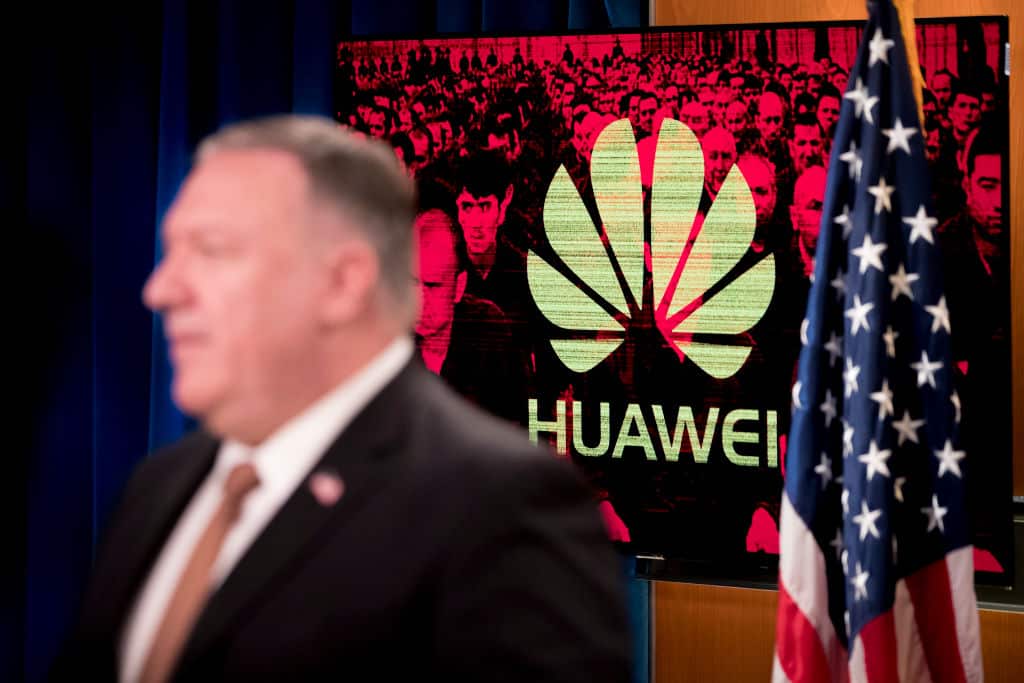The nation’s chief counterintelligence officer, Michael Orlando, has just announced a narrowed, targeted focus on protecting five key technology sectors from the Chinese and Russian governments. This highlights a key development from the Trump Administration that attempted to reduce tech transfers to adversarial nations.
The narrowed areas of focus include biotechnology, quantum computing, semiconductors, artificial intelligence, and autonomous tech such as drones. Orlando, acting director of the National Counterintelligence and Security Center, also announced a campaign to inform and encourage universities and businesses to buy in to this effort to counteract Chinese moves to become leaders in what many experts see as critical technologies in 21st century warfare.
Tech-sector market dominance has become a major area of concern in recent years following the rise of Huawei Technologies and Washington’s subsequent imposition of sanctions on the company for national security reasons.
Such political and economic competition is hardly new.
At the turn of the 20th century, British and German industrialists and politicians engaged in a heated race for naval supremacy that depended on mastering new technologies such as engine turbines and weapons technology, not just building more ships. Both nations sent spies to uncover technological secrets about each other’s ever-expanding fleets. Eventually the Germans ceded the seas to the British, but tensions did not subside until the end of World War I.
One major dilemma for policy makers in Washington is that China and the United States are much more dependent upon each other economically than Britain and Germany were a century ago, and siphoning off technologies for protection is harder than ever. According to the Wall Street Journal, Mr. Orlando emphasized that the new tech transfer initiative is not part of a total decoupling between the two economies, but that by focusing on these specific areas, the US can provide a more robust tech security framework.
The biotech sector has immediate relevance to US officials due to the ongoing coronavirus pandemic and the hitherto unproven, but still possible, scenario that the virus accidentally broke out of a lab. In fact, biotech security concerns predate the pandemic. Edward You, a biological threats expert and career FBI official who has joined Mr. Orlando’s team, pointed out that when it comes to biotech, “it’s a one-way street” with Chinese companies. Consider BGI Group, which collects and aggregates genetic data from people all around the globe while Chinese citizens’ data is off limits.
The Government Accountability Institute has conducted extensive research on tech transfers, especially as it relates to nuclear technology and the Committee on Foreign Investment in the United States (CFIUS) that manages these transfers, and found alarming holes in that arena.
Beijing’s aggressive approach is already bearing fruit for China, which recently tested a hypersonic missile that shocked U.S. and NATO officials.
China may prove to be a more capable adversary for America than Germany was for Britain. Policy makers in Congress and the White House run the risk of more dangerous surprises in the future if they can’t tighten security around tech-transfers soon enough.

